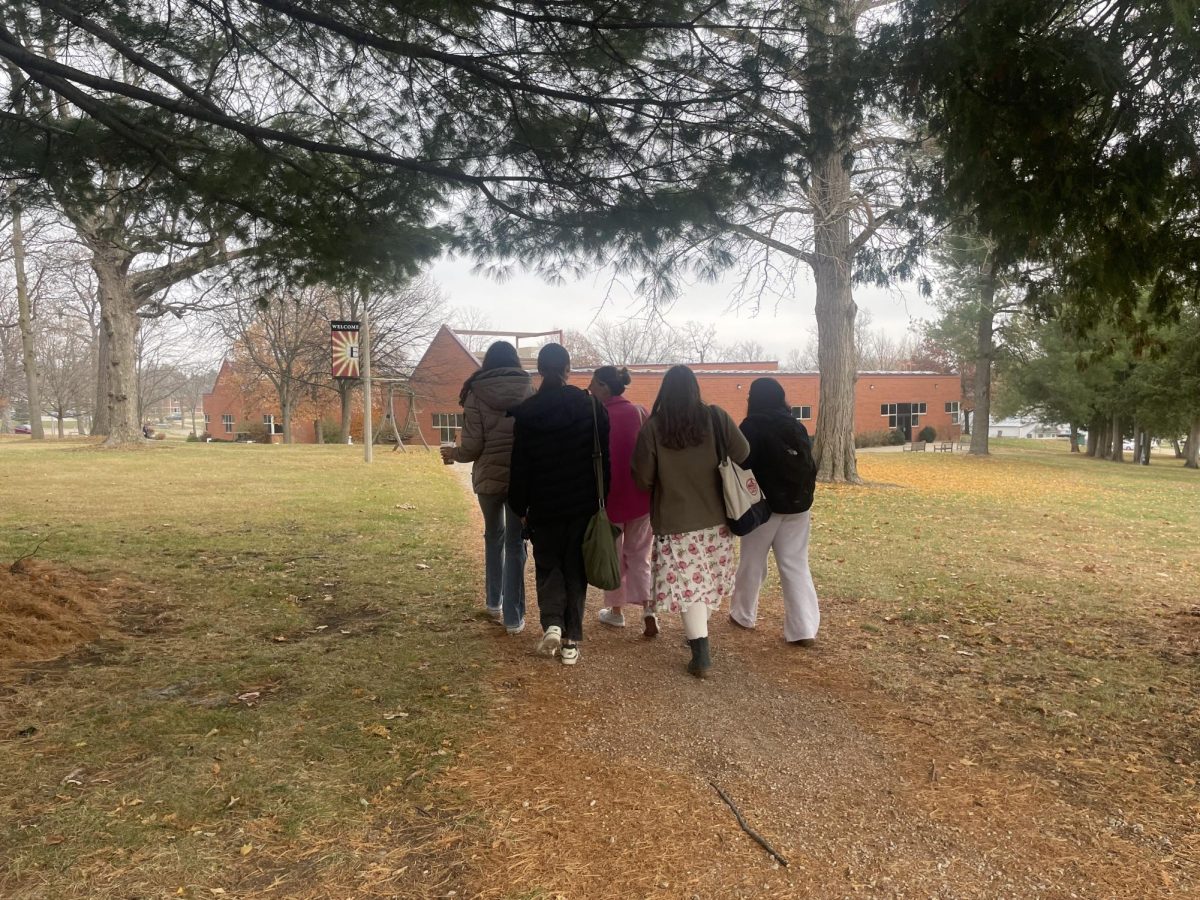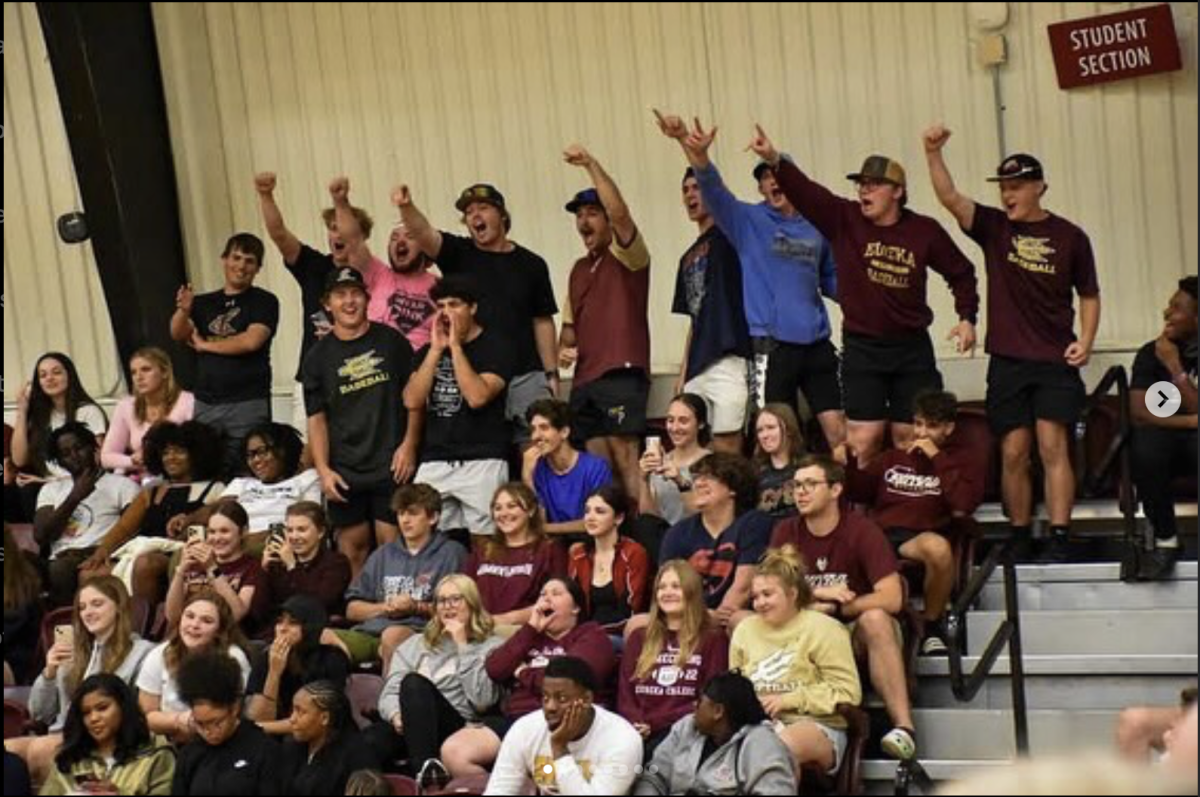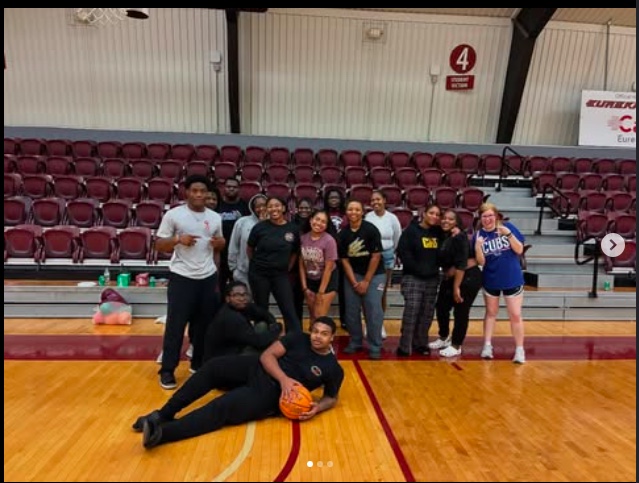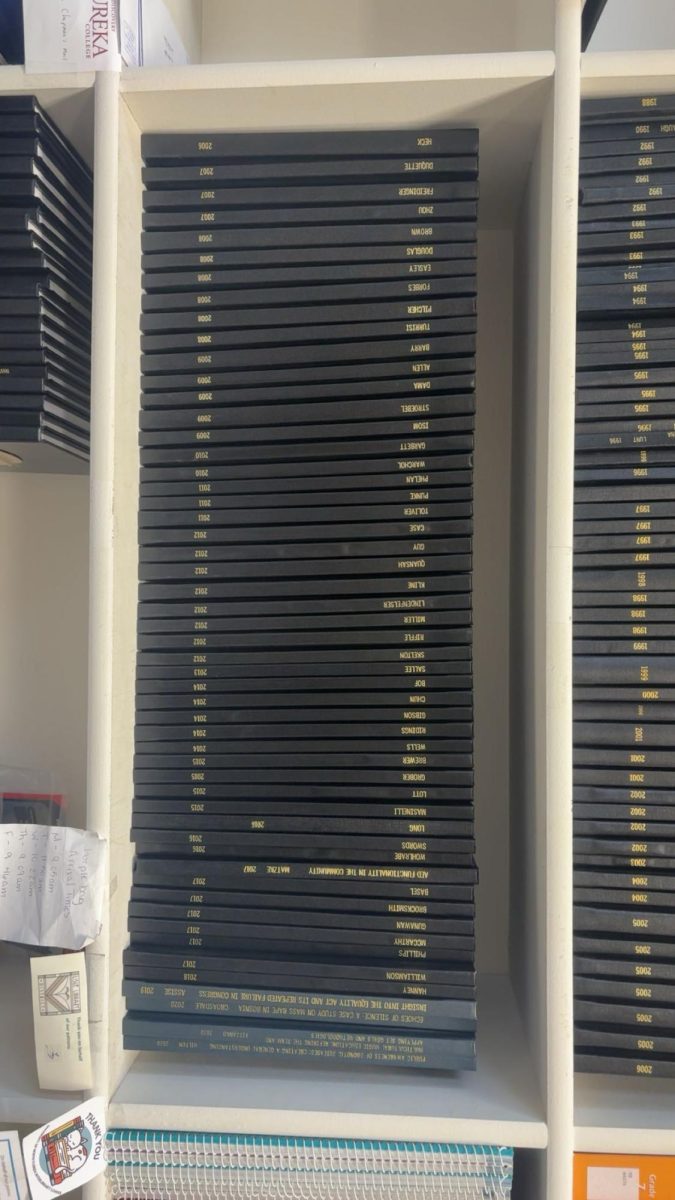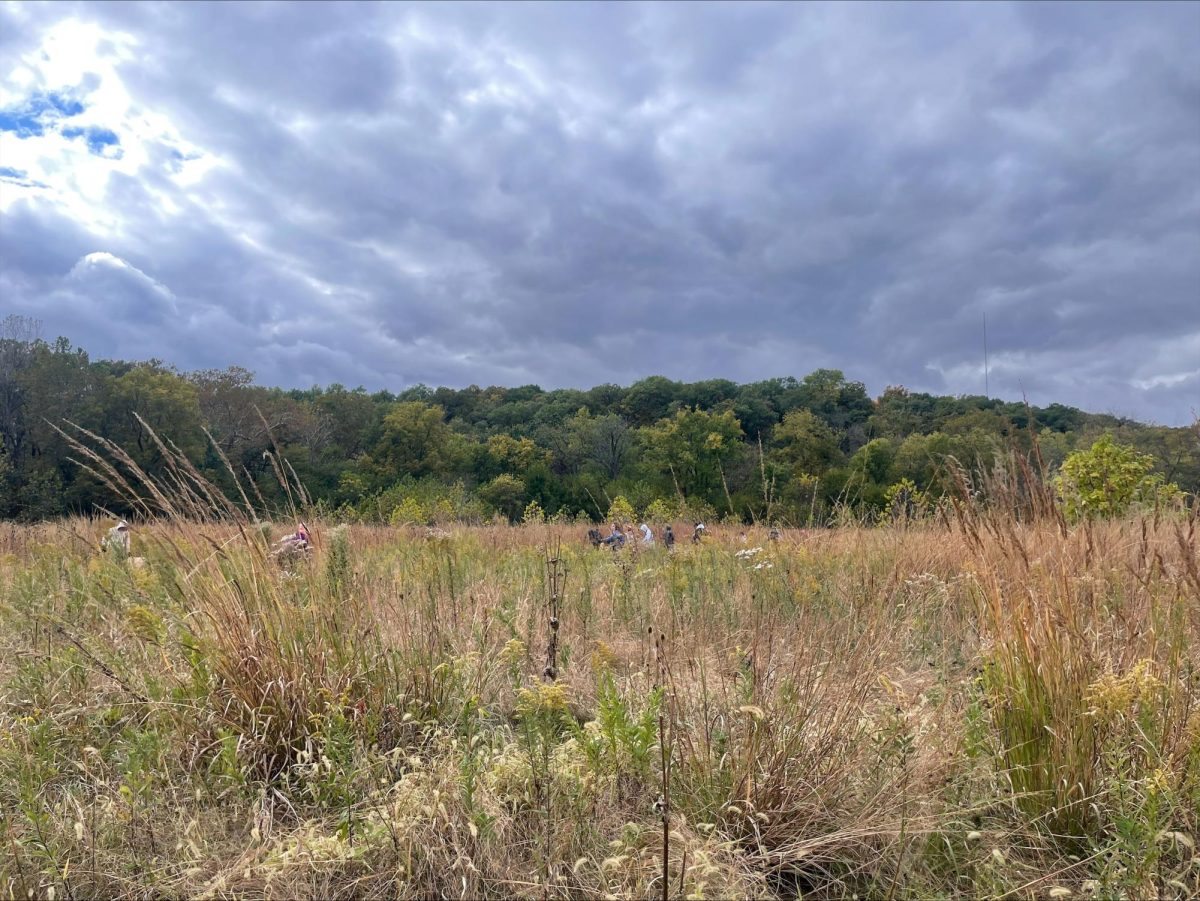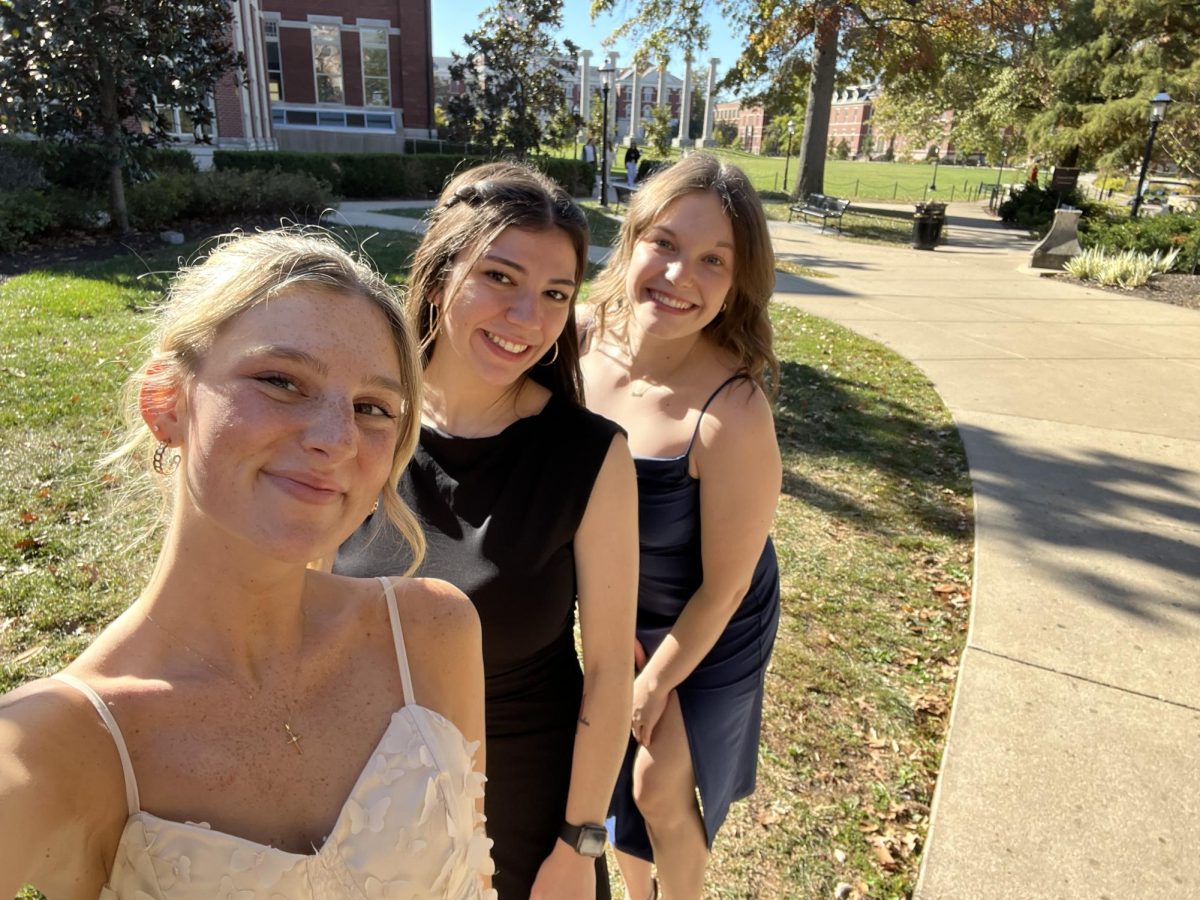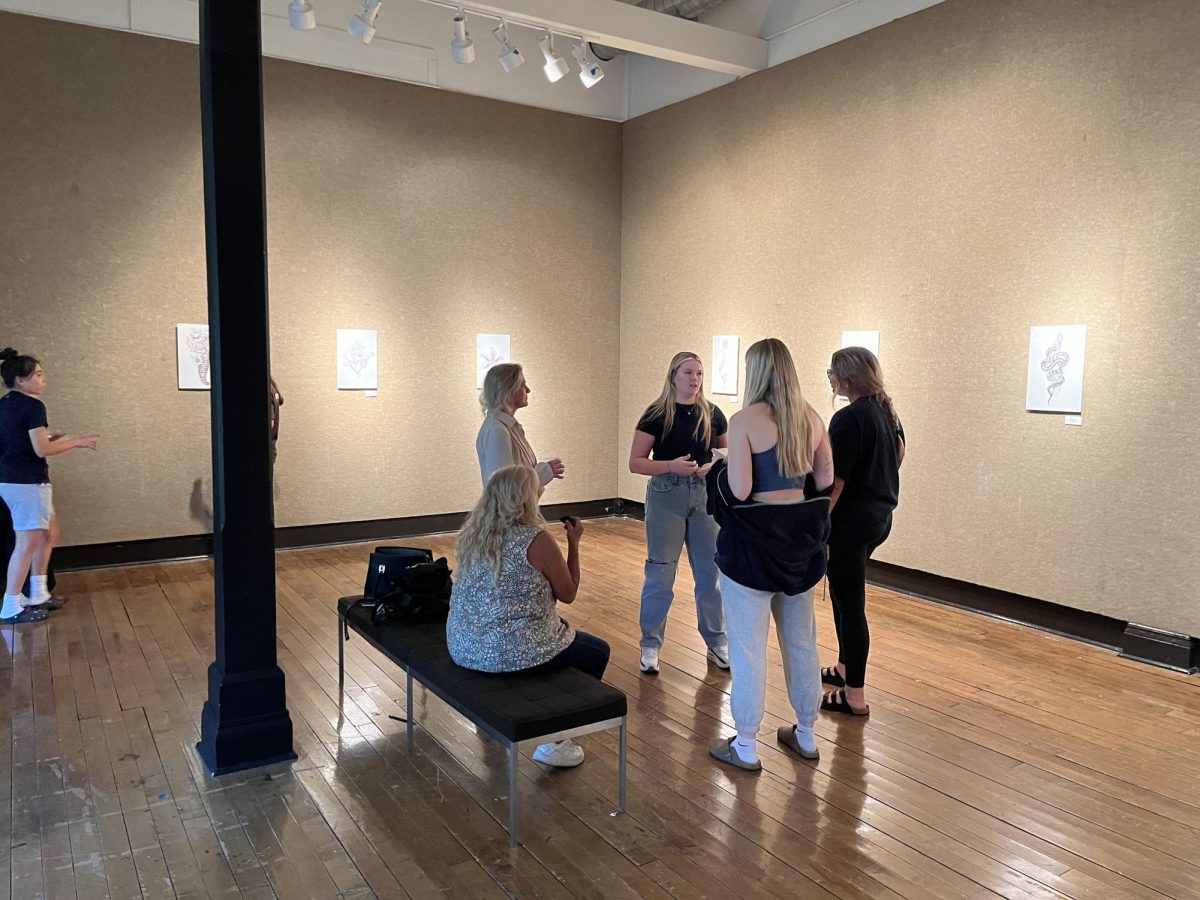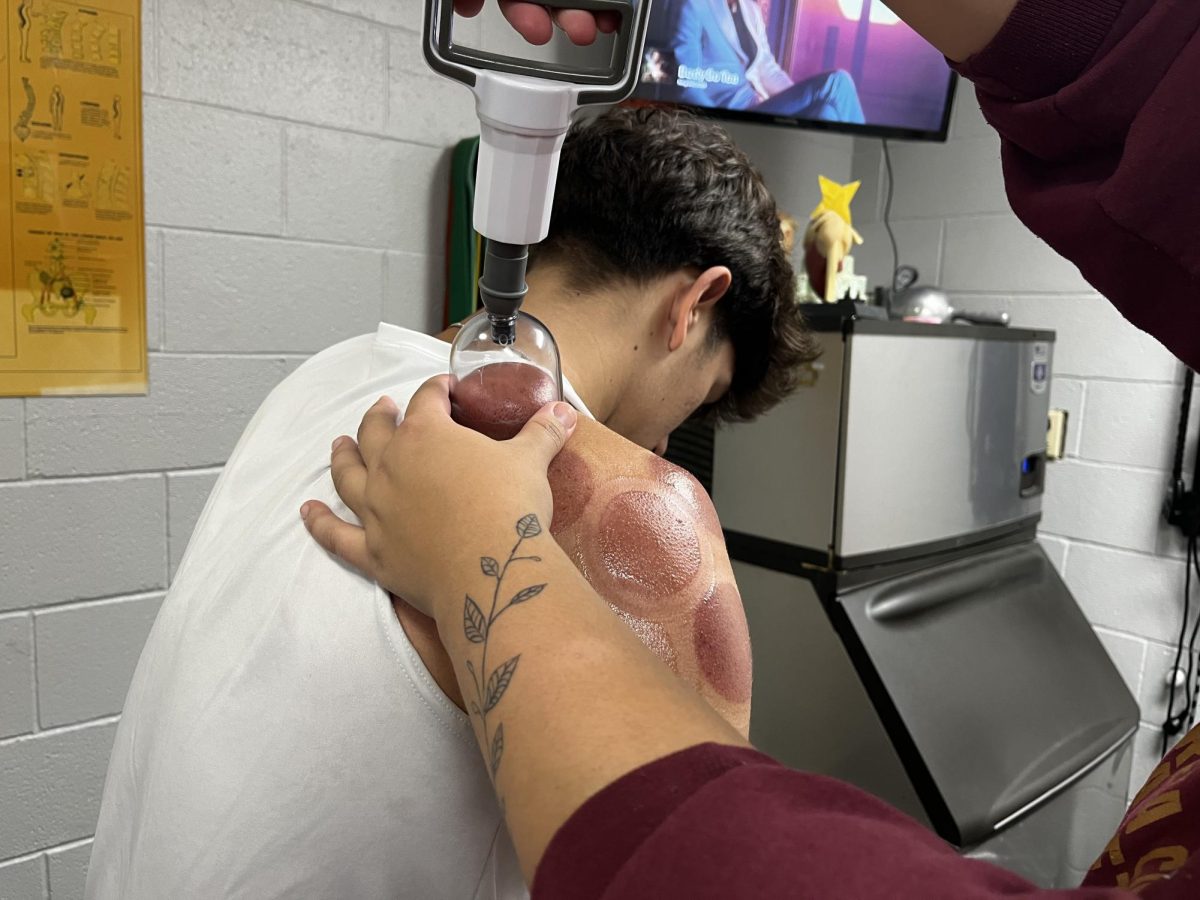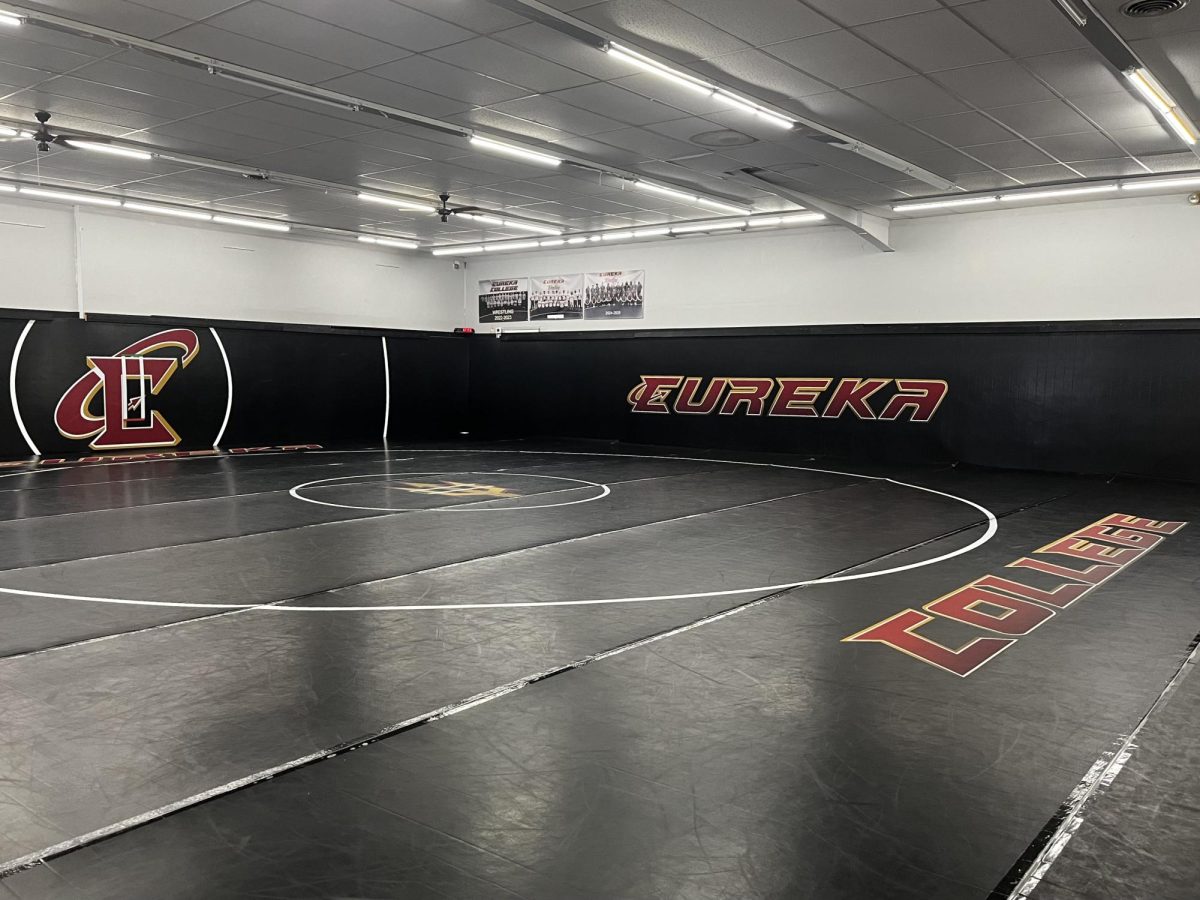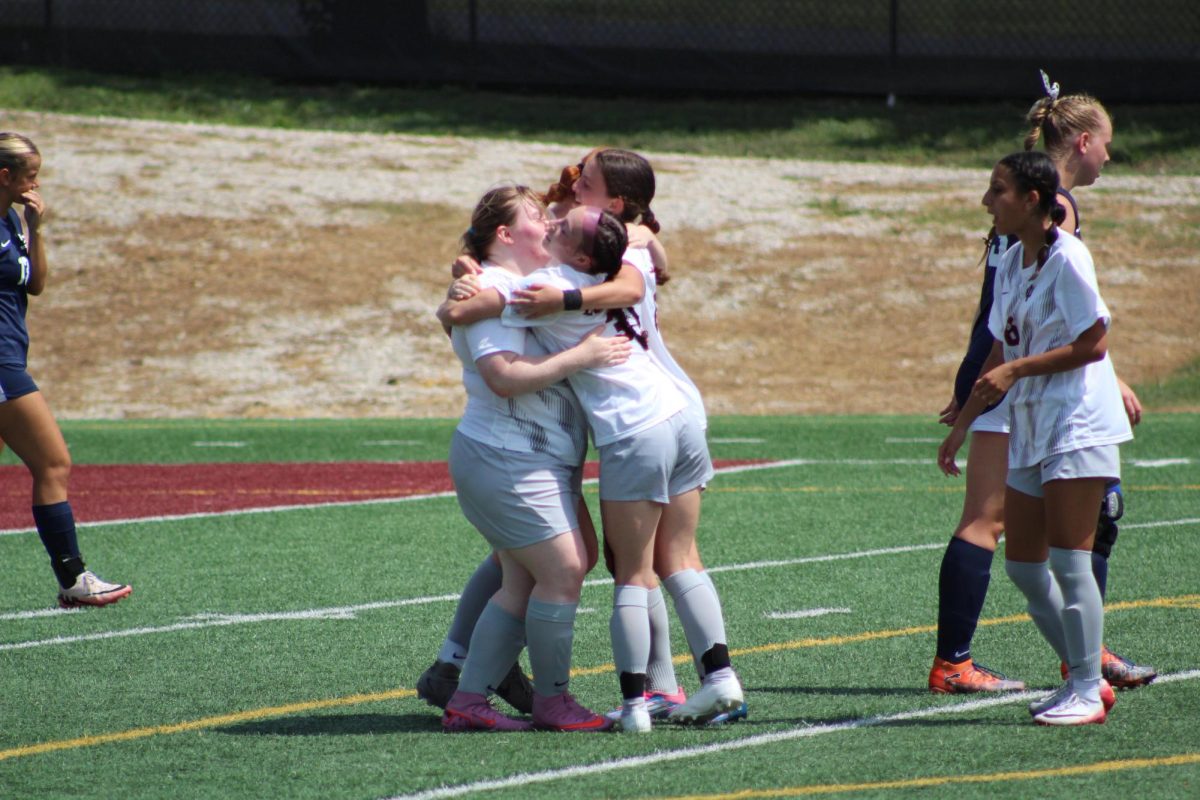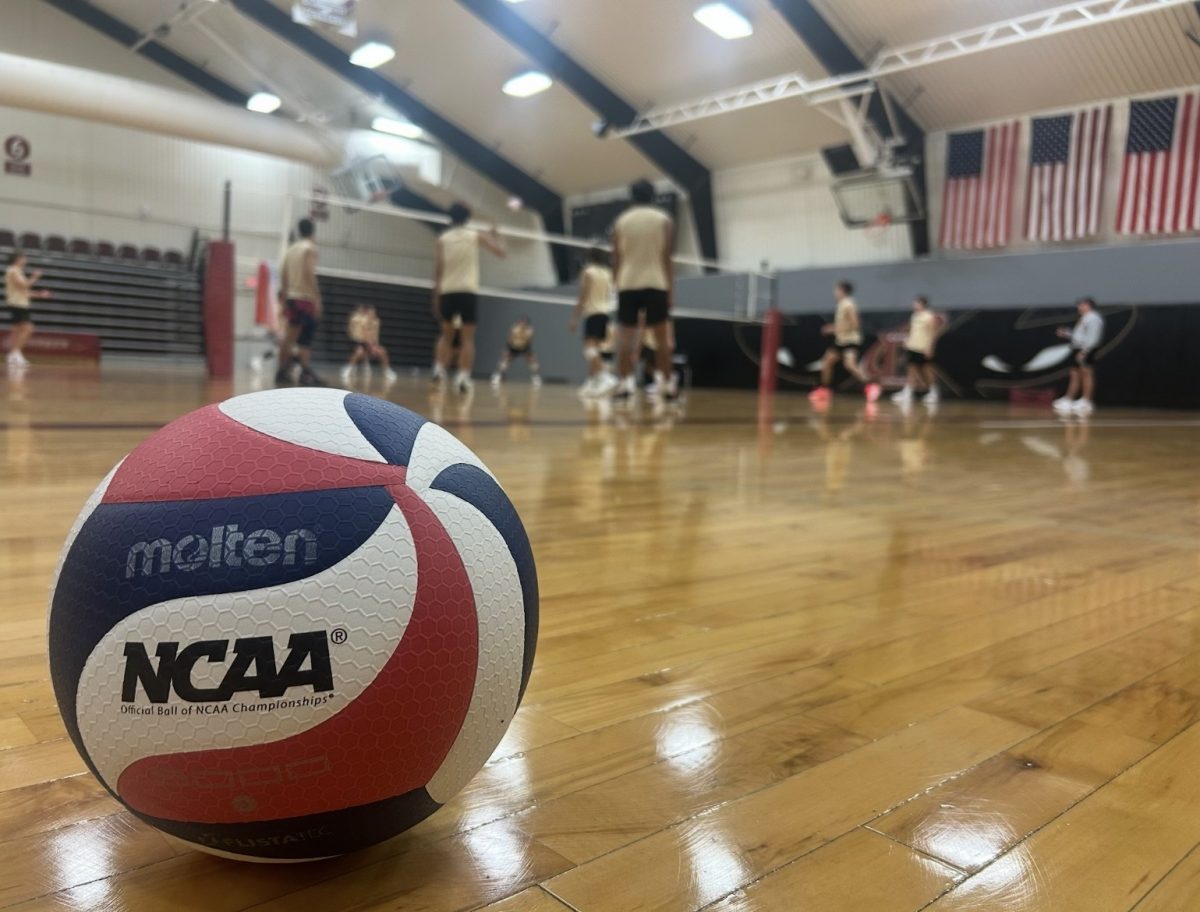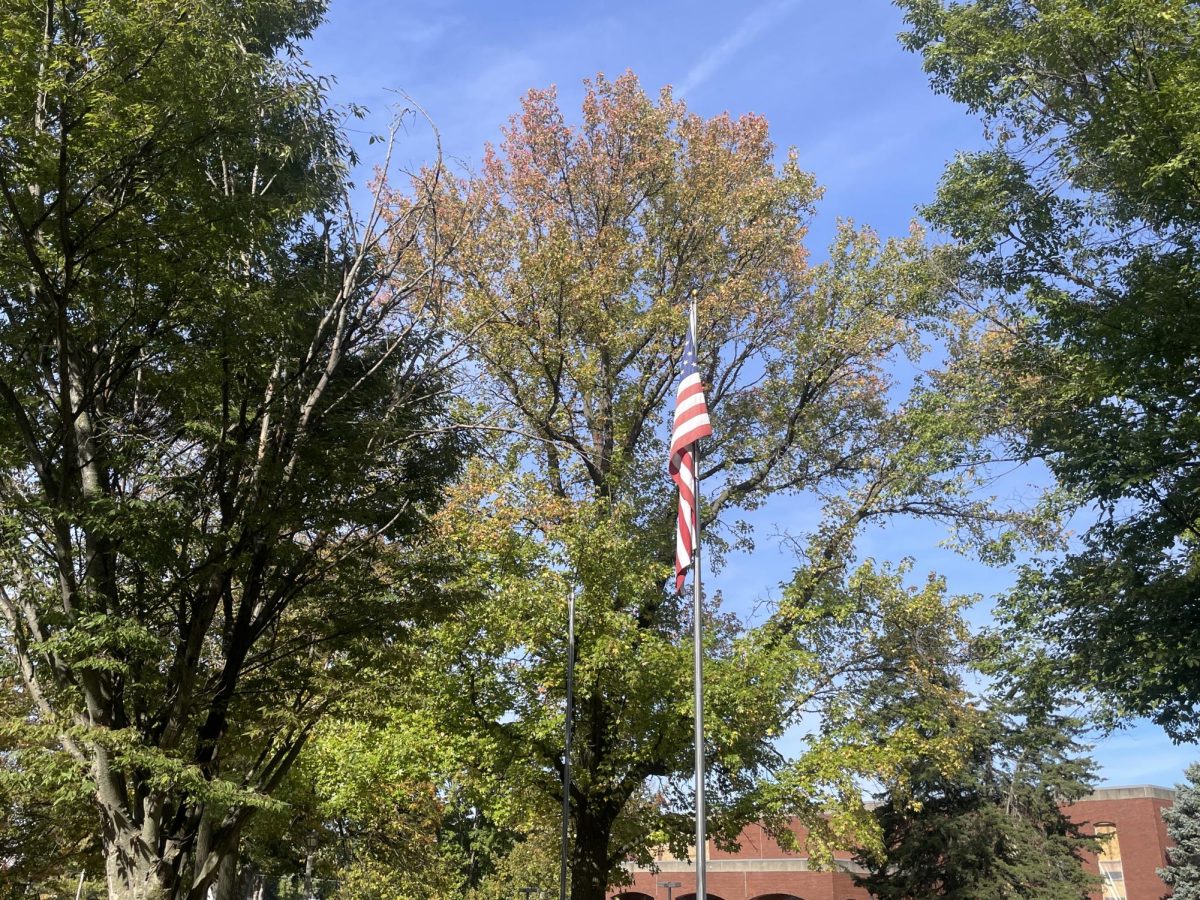Eureka College professors work year-round to make sure that students are getting the education that they deserve, by putting a lot of time and effort into their classes and prepping them for the following year.
Dr. Everett is a professor at Eureka College and teaches classes in the science department. She has taught at Eureka for nine years since 2016.
When prepping for a new class to teach for the first time, the curriculum has to be approved before doing anything else. After approval, Dr. Everett decides if there is going to be a textbook or not. After looking at the textbook, she will start to figure out what she wants to cover in 16 weeks and when there should be quizzes, exams, and assignment dates to build the syllabus. She also has access to free resources if needed.
When prepping for the classes that have been taught before, she looks back at what students were grasping and not grasping from the class along with student course evaluations. Dr. Everett changes and updates her classes as needed.
One of her favorite classes to teach is the intro to environmental science class because they get to meet new people and learn outside of the classroom.
“I love my intro environmental science class, EVS 151 because we go on field trips for the labs,” she said.
Dr. Everett states that it is a capability class with field trips and that tends to attract people to the class. She also really likes the experiential learning side of the class where students get to leave the classroom and take what they have learned from the trips and class and apply them to each other.
Dr. Geraths has been a professor at Eureka College for about four years since starting in the fall of 2021. He mainly teaches communication and leadership classes.
When prepping for a new class for the fall semester, Dr. Geraths will spend the summer reading and taking notes on the intended textbook. He will use the summer to brainstorm for the types of assignments he wants to give out, create slides, lecture notes, exams, and the overall structure of the class.
For classes that Dr. Geraths has taught before, he mainly looks back at the syllabus and takes into consideration students feedback from the course evaluations.
His favorite class to teach is COM 217, a Video Games class, because it is different than any other of his classes that he teaches. The class meets on Mondays, Wednesdays, and Fridays with five students per lab day on Tuesdays and Thursdays. It is the only Communications class with a lab so far.
He really appreciates the nine-month schedule of working on campus and during the summer he can work remotely even when travelling, which he thoroughly loves.
“My favorite thing to do over the summer is to travel…I can work from a coffee shop, or I can work from Sweden,” Geraths said.
Dr. Cunningham started teaching at Eureka College in the fall of 2018. He primarily teaches philosophy and religion classes. When prepping for classes the following year, Dr. Cunningham builds his syllabus, comes up with topics and themes to bring up in class, along with adding corresponding readings for the class. The bulk of prepping for classes takes about two to three weeks. He blocks out his summer to make sure that he has time for himself and his family.
“We need a break from it because when we break, we can recharge, reflect, and come back more refreshed,” he said.
Dr. Cunningham really enjoys teaching his intro to philosophy and global religion classes because this is the first time for most students that will be learning about these topics. In philosophy, it brings up fundamental questions such as “what does it mean to be a person?”
Eureka College offers summer classes for students who did not have room to fit it in their schedule during the year, giving them a change to get caught up on credits, or get ahead in credits, and their improve their overall education. There are also several different ways that summer classes are taught, some are synchronous and some are asynchronous.
Summer classes can still be difficult to manage, especially when this is usually a break from school. So, it is important to stay on top of course work for these classes. Some tips for managing summer classes are time management, planning, dedicating a workplace, setting goals, having a regular routine, and more.
Dr. Cunningham will be teaching a May term class this summer, the freshman seminar JCR class ECC 101, about the idea of indifference to suffering. The class is about three weeks long and meets five days a week for about three hours on campus.
“Think about the strategies that worked during the semester, showing up, doing the work, doing the readings…make sure that the work that you turn in is yours,” said Dr. Cunningham.
Dr. Everett has taught a May term summer class in the past that was twelve days long from 9:00 am to 3:00 pm Monday through Friday. It was ECC 490, a senior seminar that took place right after graduation. This class met on campus and was heavily based on reading and discussions.
Dr. Everett suggests making sure you have time for the class, especially if the student is working or an athlete. Know that it is at a faster pace than regular classes, and have good time management.
“You can expect assignments more frequently. But as long as you are on top of due dates and set time aside to do it, it should be manageable,” said Dr. Everett.
Dr. Geraths will be teaching an asynchronous class this summer, LDR 115, which is an introduction to leadership. This class is completely online, done at the student’s pace over eight weeks starting in early June. Dr. Geraths makes himself available to his students and if they need to set up a time to meet over Zoom Dr. Geraths advises that students taking summer classes is to be in contact with the professors, especially for an online class.
Professors make the most out of their summers by traveling, teaching, and prepping for classes, which shows their care and level of dedication to their students and their work.

